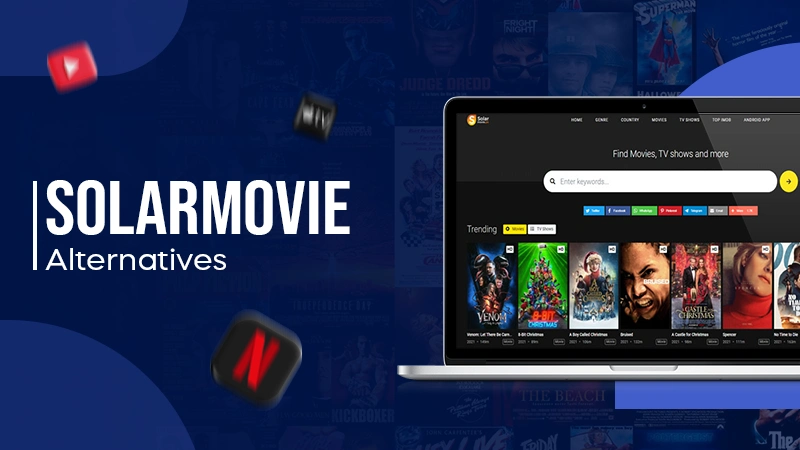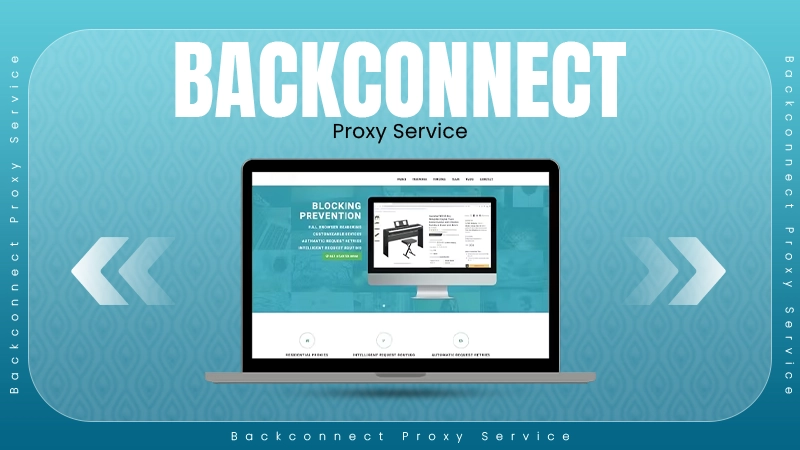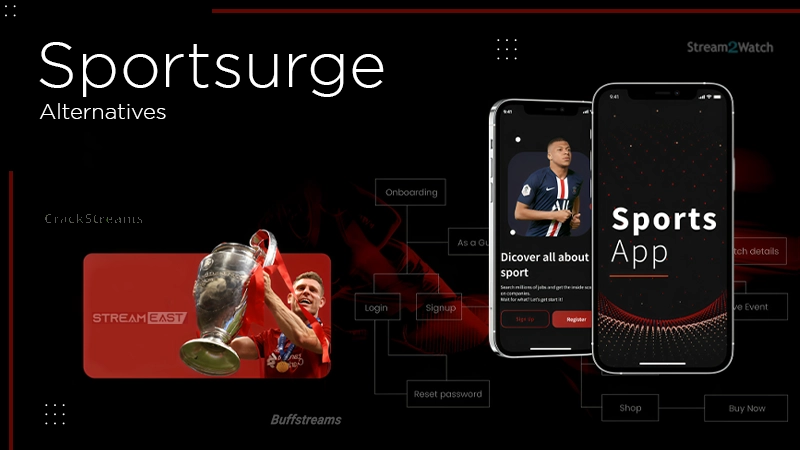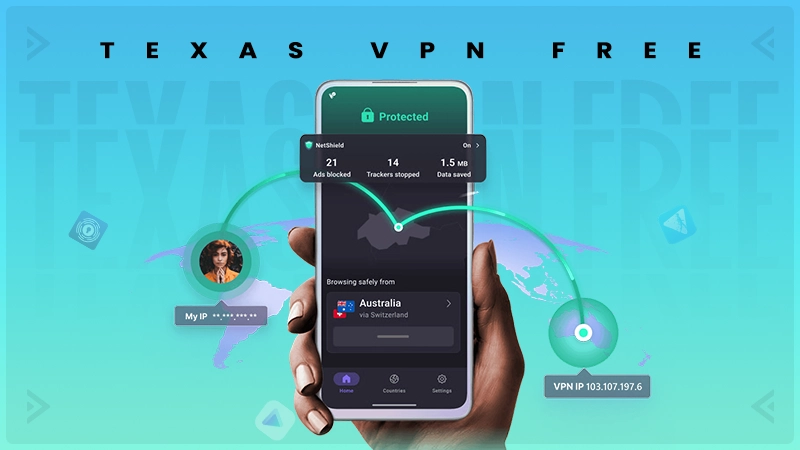Remote access is the ability to access a user’s system irrespective of their geographical location.
The Future of Remote Access: Is VPN Still the Best Solution?
If you are asking yourself whether remote logins or remote access VPNs are actually safe in 2025 or not, you have reached the right spot. In a world where work, education, and healthcare are going digital, remote access has become a key part of daily life.
As the technology is evolving, the ability to connect to a server from anywhere is no longer a privilege but a fundamental requirement.
With benefits like enhanced online privacy, secure data transmission, and increased productivity, off-site login makes the working structure more agile and adaptable.
Moving further, in this article, we will explore what remote access is and what exciting developments it holds in the future.
Why Remote Access Matters More Than Ever?
In simple words, remote access means being able to connect to another computer or server located elsewhere from your home. This method is often used to access important information or files on someone else’s system. In today’s digitally connected world, this technology is not merely a convenience; it is a necessity.
Whether you are working from home or managing a global team, remote access bridges the gap between people and digital resources.
During earlier times, people were usually dependent on slow connection methods like basic VPNs just to access files from a distance. It mostly helped the IT team to fix server issues without being physically present.
Over time, better tools like cloud storage, remote logins, and interconnected mobile apps came in and made all the online tasks much easier.
Nowadays, with smart systems and stronger security, remote access is faster, safer, and more convenient than ever. Many people usually confuse this terminology with virtual private networks.
Although these two are interrelated, but not entirely the same. In simple terms, we can say that remote access is like an umbrella term, and VPN is one of the ways to create secure remote access. One can say that creating remote access is the goal, and a private server is one of the resources utilized to achieve it.
Reasons Behind the Rise of Remote Access
In today’s flexible and fast-moving world, the ability to connect with your work from anywhere is no longer optional; it is an essential aspect. Whether you call it remote connectivity or off-site control, having a reliable system gives you the freedom to stay productive from anywhere around the world.
Let us quickly walk through some strong reasons why every business should invest in protocols like remote access.
- Flexibility to Work From Anywhere: Off-site connectivity allows you to complete tasks from home, while traveling, or even from your vacation spot. There is absolutely no need to be tied to your office desk.
- Instant Access to Files and Systems: With virtual access, you can reach important documents, tools, or servers anytime; no delays or restrictions, therefore increasing productivity.
- Better Collaboration With Teams: Virtual connectivity allows you and your team members to work together in real time, share updates, and stay aligned, even if you’re all in different parts of the world.
- Cost Savings For Businesses: This method typically means cost savings for both employers and employees, as there will be fewer physical resources. Less commuting than usual and flexible workspaces.
- Consistency Advantages: Whether there is a natural disaster or a pandemic, remote control tools ensure that your work doesn’t stop, keeping all your operations safe and running.
Remote access VPN isn’t just about convenience; it’s about resilience, flexibility, and staying ahead in today’s digital-first world. By setting up reliable off-site connectivity now, you are preparing yourself or your business for a smarter and more secure future.
Pros and Cons of Remote Access
Since remote access offers flexibility and enhances productivity, its future is surely evolving for the better, but just like any other protocol, this also has its pros and cons.
Let us quickly walk through some advantages and disadvantages of remote access, focusing on efficiency, security, and a few other aspects.
| Pros | Cons |
| Boosts flexibility as it enables you to work from anywhere. | Security risks if the systems or the important data are not well encrypted. |
| Increases productivity and efficiency due to fewer interruptions. | Due to a lack of face-to-face interaction, it may sometimes lead to a misunderstanding of the task. |
| Recruiters can hire irrespective of the geographical location, hence offering a wider talent pool. | A good functioning remote access usually depends on good technology and a stable internet connection, which can be an issue in some areas. |
| Reduces overhead expenses (office space, travel costs, utilities) | Ensuring smooth work and monitoring employee performance can be a little challenging. |
| IT teams can resolve issues faster by directly accessing the system from anywhere. | It can affect the mental well-being of some employees, as remote access means social isolation. |
| Promotes work like balance, therefore improving the morale of the employees and job satisfaction. |
Though remote access is trying to fully transform how we work by offering advantages like flexibility and promoting work-life balance, to fully consider it as a boon, there are still some disadvantages that businesses need to work on.
How Remote Access is a Vital Protocol in Different Industries?
Even after the emergence of so many new technologies, remote access remains a foundational protocol in many businesses, supporting many day-to-day operations. If the company ensures strong authentication and encryption mechanisms, then this system is effective and should be adopted by businesses all over the world.
Its scalability, adaptability, and ability to connect with multiple systems from your comfort zone are what make this an indispensable tool. Whether through VPNS, cloud-based access, or remote desktop servers, many industries continue to rely on it for critical functioning.
- Information Technology: Virtual login allows the team to troubleshoot, manage the operational efficiency of multiple servers, reduce the response time, and enhance collaboration.
- Healthcare: Doctors can access patient records and imaging reports easily and can suggest a diagnosis from anywhere. HIPAA-compliant servers can allow the doctor to access confidential patient information without the risk of security breaches.
- Education: In difficult times like natural disasters or pandemics, remote access helps in streamlining the education industry. Allowing the teachers and students to access virtual learning platforms, remote access promotes distance learning.
- Finance: It lets employees safely access company data and systems from outside the office. Facilitates flexible work arrangements and maintains operational continuity.
- Financial markets tend to operate around the clock, and remote access helps professionals to respond promptly in urgent times.
- Creative and Media Professionals: Designers, editors, and developers can collaborate easily and access important data remotely. Facilitates the smooth transfer of high-end audio and video files without compromising the quality of the data.
While these are some top examples of various industries benefiting from the remote access facility, many other sectors around the world also find this protocol effective and essential for smooth operations.
Any organization using desktops can surely avail multiple benefits from this system and stay ahead of the competition.
What the Future Holds for Remote Access VPNs?
Although VPNs have been a crucial part of remote servers, it is now somewhat losing their charm. The digital world is fast evolving, and so are the needs of the industries. VPNs were primarily designed for employees who work at a fixed location, but this is not the scenario now.
It is now time for traditional VPNs and other methods to give way to new protocols, as the world is currently transitioning to a work-from-home approach.
- Whether you are working from a fixed location or your vacation spot, it is ideal for industries to prioritize options like remote access that tend to offer better connectivity and promote work-life balance.
- These days, tech giants like Microsoft and IBM are widely acknowledging innovations like Security Service Edge (SASE) and Software-Defined Perimeter (SDP). These mechanisms tend to offer more comprehensive access control and security options.
- Integrating AI and automation into daily office tasks can enhance the productivity of employees and also allows employers to analyze user behavior while surveying the traffic to identify any upcoming cyber threats.
- Nowadays, more and more organizations are shifting towards zero trust models these days, which usually work on the principle of “never trust, always verify”.
- According to Forbes, zero-trust access is the future of secure remote login. This mechanism treats all the access attempts as a potential threat and asks them to go through a rigorous multistep verification process.
- It is also believed that remote access systems will feature an improved user interface, making it feasible for a wide range of employees across the globe to use with minimal effort.
- The future systems will have easier logins, one-click access, and personalized dashboards that can ensure that even non-tech people can use the mechanism with ease.
To sum up, we can say that the future of remote access is stable, reliable, and surely progressive. The mechanism is evolving into a smart and secure protocol and is gradually becoming an indispensable tool for modern life and work.
Final Thoughts
To conclude, one can say that remote access is no longer a luxury but a necessity. As we move towards a more cloud-based and mobile-first world, such inventions enhance the work ethic for the good and give a sense of satisfaction to both employees and employers.
With innovations like AI automation and the zero-trust method, organizations can deliver high performance without disrupting the workflow. By embracing these changes, individuals, and businesses can march towards cost-effectiveness, reliability, and flexibility.
FAQs
What is remote access?
What are the types of remote access?
There are mainly three types of remote access, which are virtual private networks, virtual network computing, and remote desktop protocol.
What are the benefits of the remote access mechanism?
Cost-effectiveness, enhanced productivity, reliability, and work-life balance are some benefits of the remote access mechanism.
Is remote access safe?
By following the zero trust model, multifactor authentication, and adhering to the safety guidelines, remote access can be a safe and reliable tool that businesses can easily adopt.
Sources





